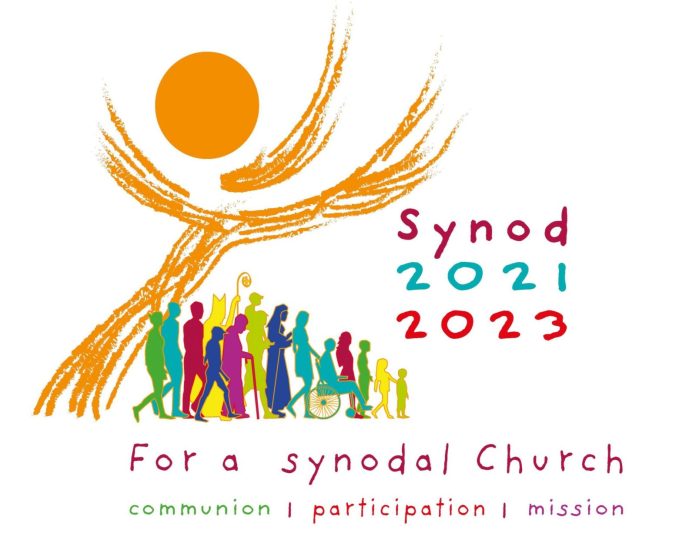Presenters of the document on “synodality” that will form the basis for the work of the second stage of the synodal process praised the “radical inclusion” of various issues in the text.
Titled “Enlarge the space of your tent,” the document is a “synthesis of the syntheses” of the submissions from Churches in the five continents that held consultations with the faithful.
Cardinal Jean-Claude Hollerich described the document as “not a writing emerging out of theological writings” but “the fruit of the lived synodality, the lived theology, a dimension of the life in the Church.”
“The Holy Spirit is at work in the latest document of the Synod on Synodality,” a Catholic News Agency report quoted presenters of the document at a Vatican press briefing on October 27.
“And, what is very beautiful, we were able to notice that the Holy Spirit is at work,” said Cardinal Hollerich of the 44-page working document.
The document will serve as the “frame of reference” that will guide the next stage of synod discussions that will be done in the Continental Assemblies between January and March 2023.
The document covers issues across a broad spectrum, from the clergy sexual abuse crisis to Christian unity.
The text calls for “a Church capable of radical inclusion,” and says that many synod reports raised questions about the inclusion and role of women, young people, the poor, people identifying as LGBTQ, and the divorced and remarried.
It also identifies the celebration of the Mass, whether according to the pre-Vatican II missal or the post-Vatican II liturgy, and access to the Eucharist as “knots of conflict” in the Church and cites a great “diversity of opinion” on the subject of priestly ordination for women, which some reports called for and others considered “a closed issue.”
Theologian Monsignor Piero Coda of the International Theological Commission said the “theological value” of the document “is derived from the fact that, as we read, it is laden with the treasure contained in the account of the experience of hearing the voice of the Spirit from the People of God.”
“This is its significance,” he said, adding that the text “has this precise purpose: to offer to the local Churches, to the diverse dioceses of the world, the opportunity to listen to each other’s voices in view of the Continental Assemblies.”
The working document was described by presenters as an intermediate document to be used for reflection and as a guide to the discussions to take place next year.
After the synod’s Continental Assemblies, organizers of the gatherings will produce short reports that will be used to create the “instrumentum laboris” in June 2023.
The first of what will now be two general assemblies of the Synod of Bishops will take place Oct. 4–29, 2023, at the Vatican. The second session will be held in October 2024. – with a CNA report









